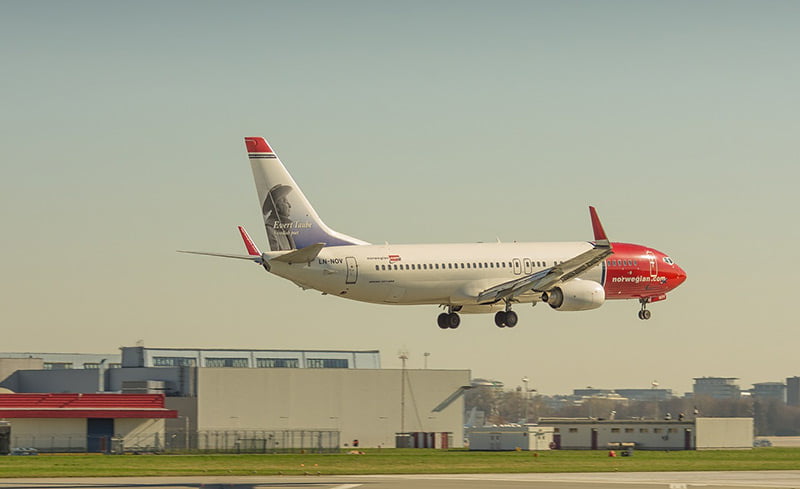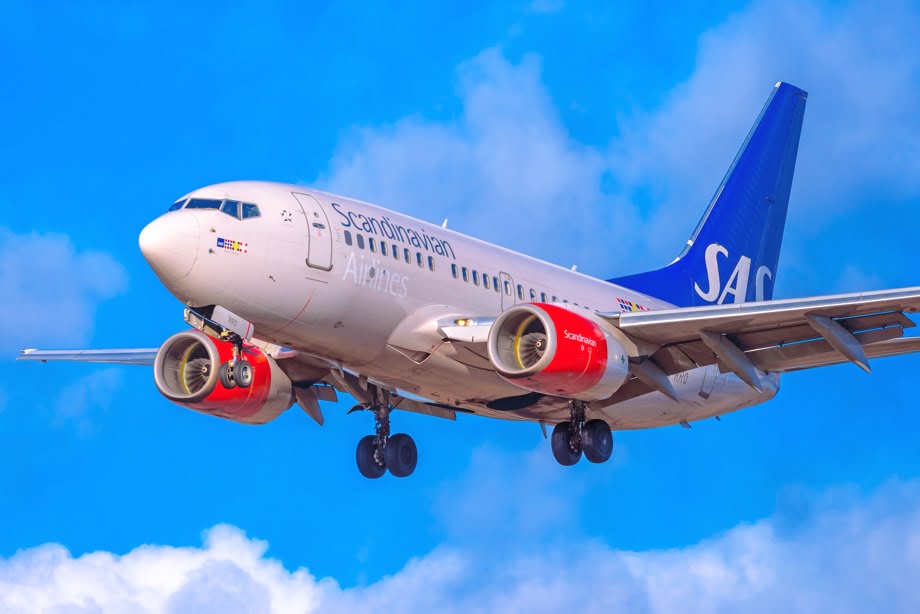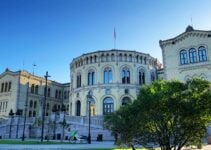
From 2020, new aviation regulations should make Norway's skies more environmentally-friendly.
Norway's push to go green gathers pace. Not only is the capital city taking measures to turn its busiest district car-free, the government is now looking to the skies.
A biofuel requirement
The Ministry of Climate and Environment has announced that from 2020, airlines operating in the country must use jet fuel mixed with 0.5% advanced biofuel.
According to a report in Reuters, the required second-generation biofuel is a product of waste and leftovers, and cannot be based on palm oil.

A price rise – or not?
At the moment aviation biofuels cost as much as three times more than regular jet fuel, but because there is no current functioning market, it is difficult to predict the future price and what impact such price would have on fuel, and eventually the price of air travel.
The thing is, today airlines are anticipating further fuel price rises, and looking for alternatives. American Airlines even pointed to the rising costs when it announced cutbacks on its trans-Pacific route network earlier this year. According to Yahoo Finance, regular jet fuel is costing airlines 36.5 percent more than at this time last year.
That said, Norway's Minister said that an obligation to use 0.5 percent advanced biofuels should – at the moment – correspond to an annual cost increase for the airlines of around NOK 54 million, that's around $6.5m US Dollars at current exchange rates.
An environmental boost
If price trends continue, biofuel blends seem like a win-win for airlines and the environment.

Projections by industry experts have said that the use of 50 percent biofuel mixtures across the industry can cut emissions by 50 to 70 percent. That would reach the IATA’s long-term goals of cutting airline emissions in half by 2050.
Of course, Norway's new regulation is a long way short of that, but it should start to put in place the number one barrier to airlines switching to biofuel blends: infrastructure.
Airports in Oslo and Bergen already have biofuel delivery systems alongside their traditional jet fuel infrastructure, but this isn't the case at many airports around the world.
It is in fact airlines rather than airports who are pushing the move. United, Virgin, Qantas, Cathay Pacific, and JetBlue have all announced partnerships with biofuel producers.
Watch this space for more developments!




